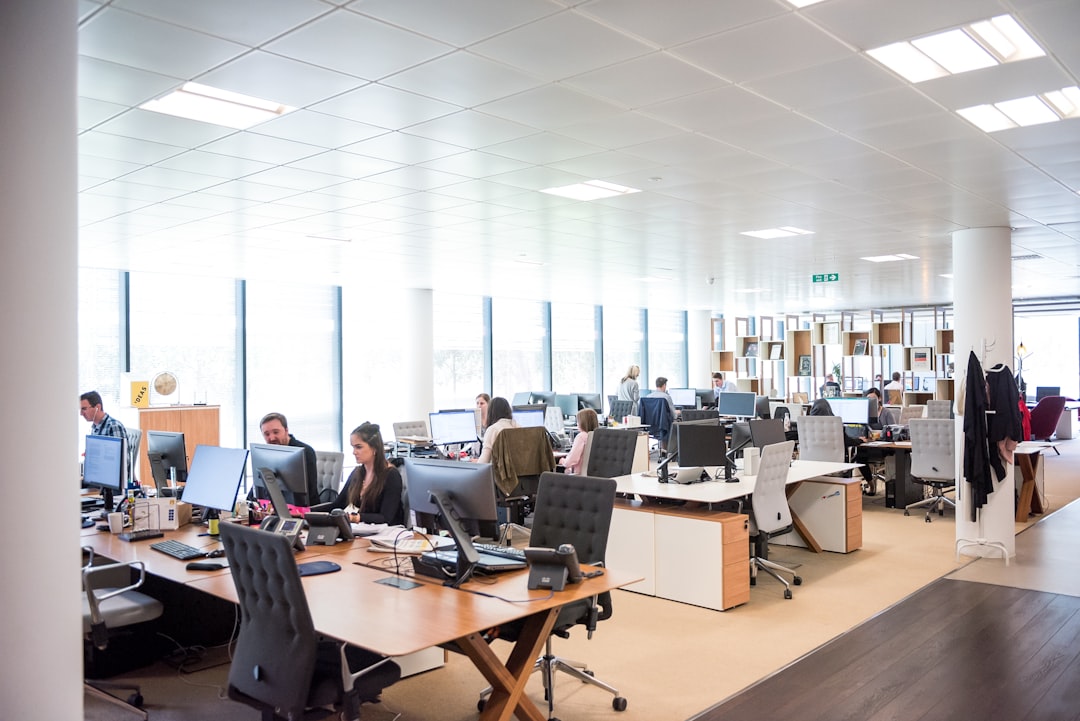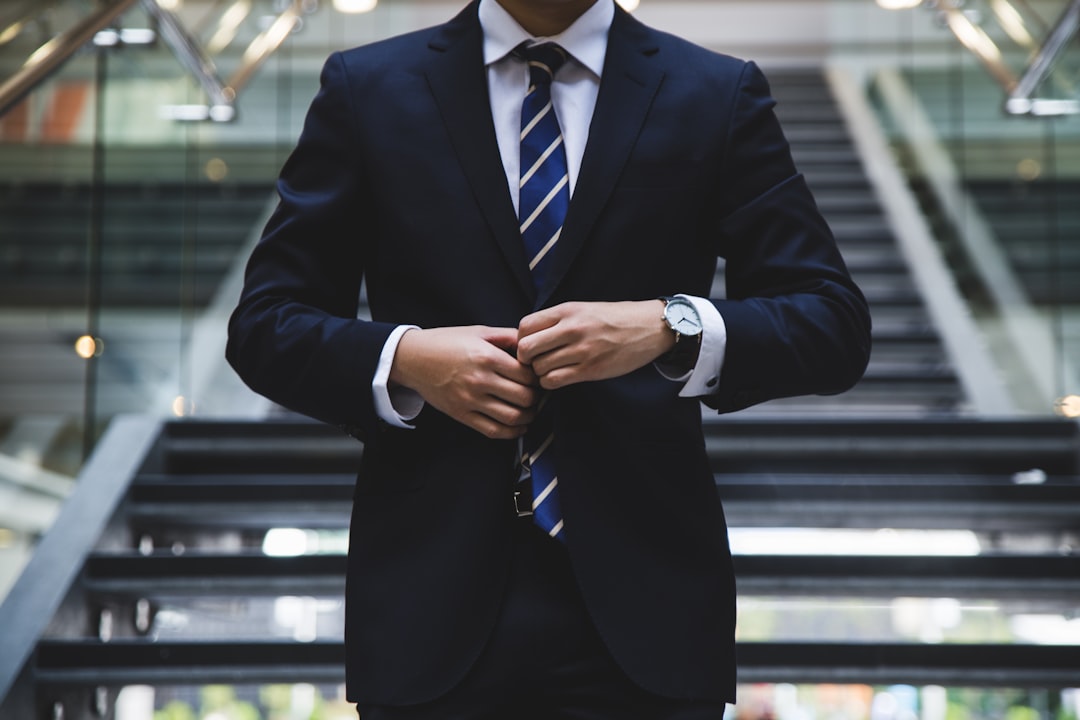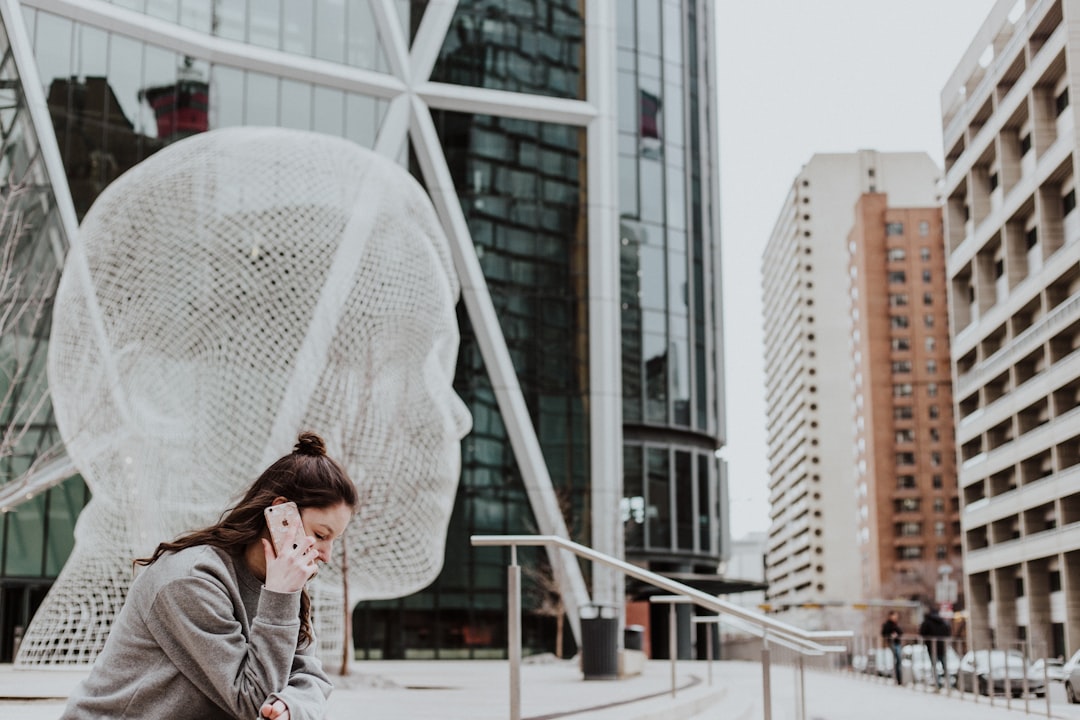Robocalls are a growing problem in Louisiana, leading residents to seek help from robocall lawyers. These professionals combat fraud and identity theft by blocking calls, offering compensation, and pressing charges. Verizon's Call Filter app provides an additional layer of protection, blocking automated calls at the source. Louisiana residents can consult robocall lawyers to understand their rights and take legal action against unwanted calls, with options including financial compensation and regulatory complaints.
In Louisiana, robocalls have become an increasingly frustrating and pervasive issue, invading residents’ peace of mind. With the rise of automated phone marketing, many Louisianans are seeking effective solutions to combat these unwanted calls. This article explores how the Verizon Call Filter app offers a powerful tool in the fight against robocalls, providing a layer of protection for Louisiana residents. Additionally, we’ll delve into legal avenues available to those who have fallen victim to persistent robocalls, empowering them with options and potentially connecting them with a robocall lawyer in Louisiana.
Robocalls: A Growing Problem in Louisiana
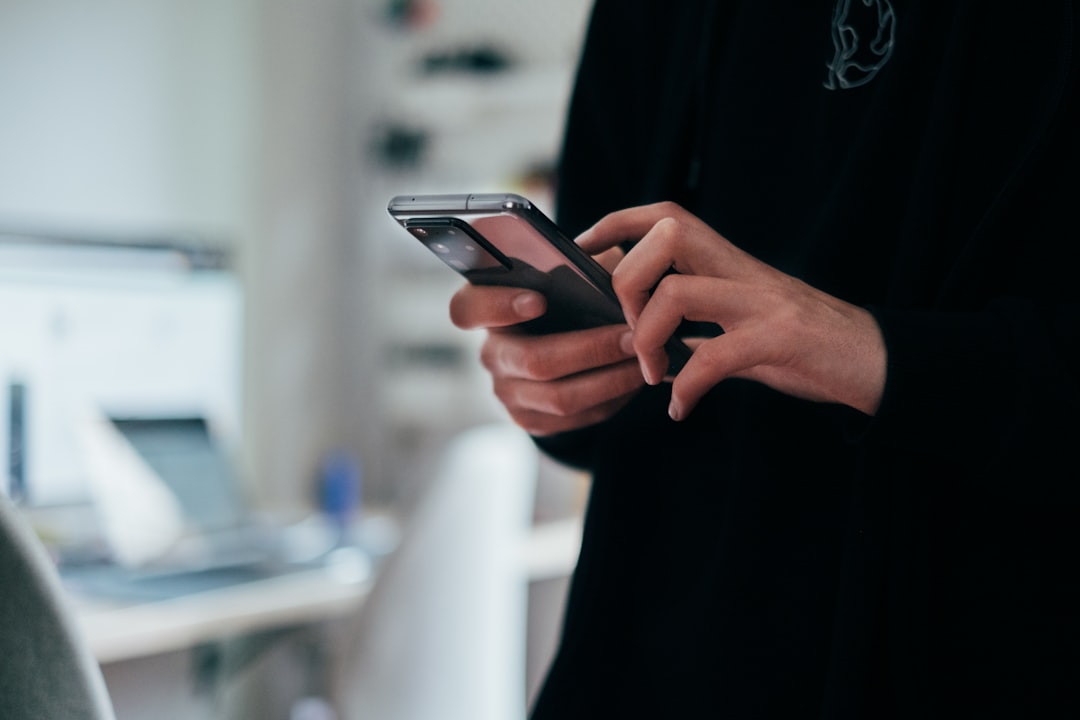
Robocalls have become a persistent and growing problem for Louisiana residents, with many receiving numerous unwanted calls from automated systems daily. These annoying interruptions can be more than just a nuisance; they are often associated with fraud and identity theft attempts, as scammers use robocalls to target victims across the state. Louisiana’s legal framework provides some protection against such activities, but with an increasing number of sophisticated call centers operating globally, keeping up with these deceptive practices has become challenging.
Hiring a robocall lawyer in Louisiana is becoming increasingly common as citizens seek legal recourse against relentless automated calls. These legal professionals specialize in navigating the complex regulations surrounding telecommunications and consumer rights to help protect individuals from unwanted and fraudulent robocalls. With their expertise, they can guide clients through available options, including blocking calls, seeking compensation for harassment, or even pressing charges against perpetrators.
Verizon Call Filter App: Your Defense Against Robocalls
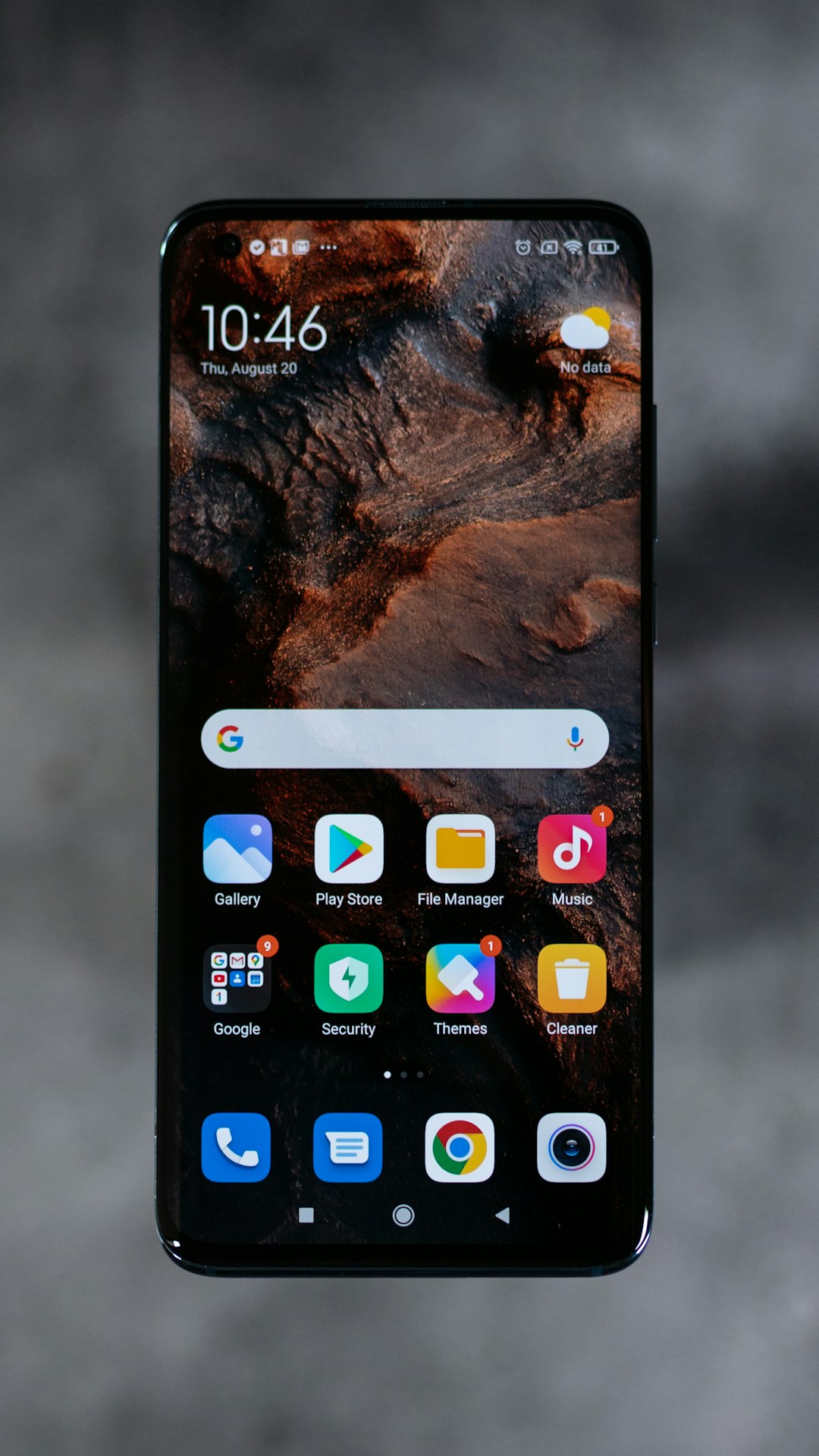
Verizon’s Call Filter app is a powerful tool designed to protect Louisiana residents from relentless robocalls, offering a much-needed defense mechanism in an era where these unwanted calls have become increasingly prevalent. This innovative app acts as a guard, filtering out automated phone calls and allowing users to focus on genuine communications.
With the touch of a button, subscribers can block incoming robocalls, ensuring their privacy and peace of mind. The app’s advanced technology analyzes each call, identifying potential spam or fraudulent attempts, and seamlessly discards them before they reach your device. For those frequently plagued by robocall lawyers in Louisiana, this app provides a much-welcomed respite, giving them back control over their communication channels.
Legal Options for Robocall Victims in Louisiana
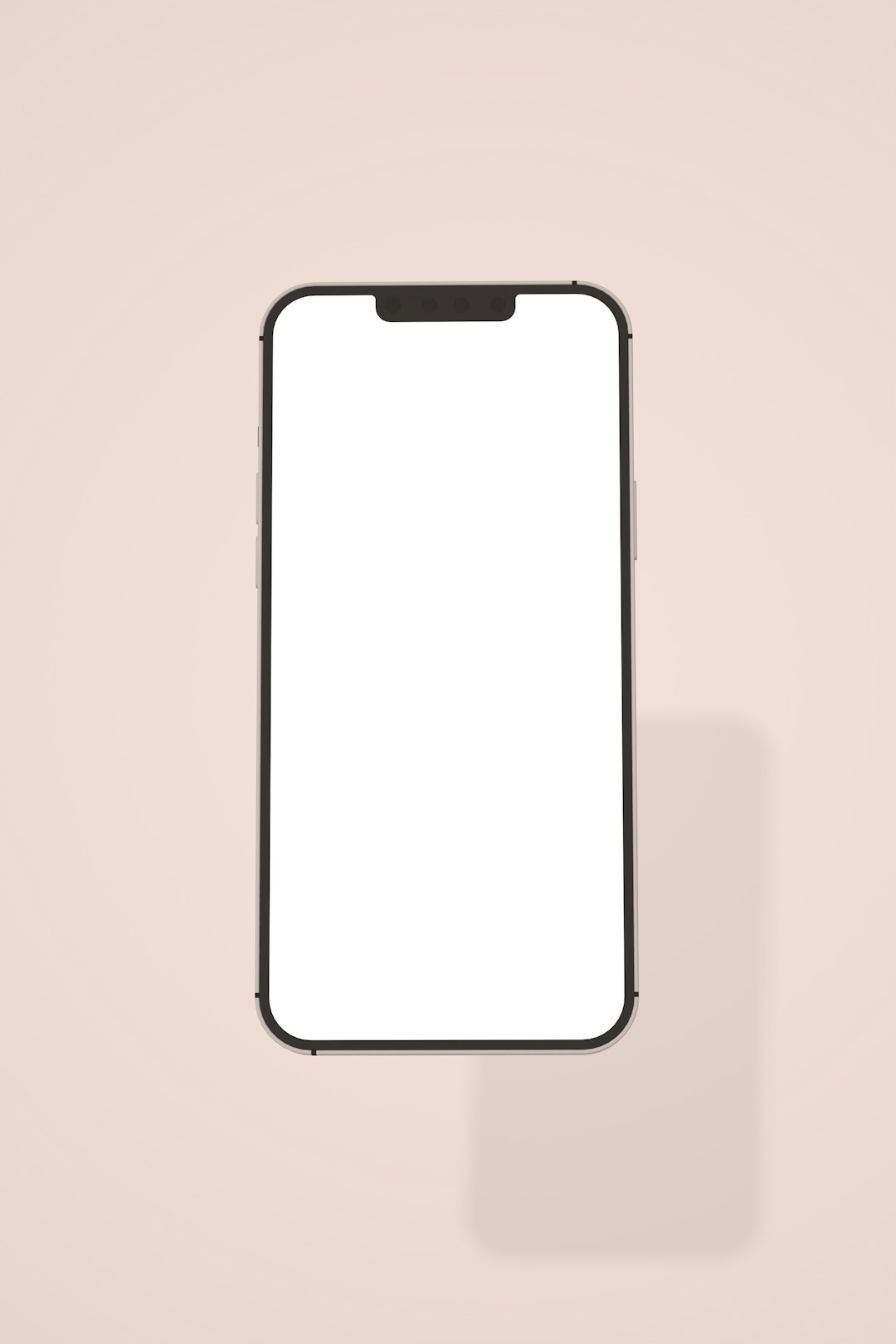
In Louisiana, as in many other states, robocalls have become a widespread nuisance. While many apps and services aim to mitigate these unwanted calls, victims may also wish to explore legal options. If a robocall violates Louisiana’s telephone consumer protection laws, individuals can take action against the culprits. Consulting with a robocall lawyer Louisiana is a crucial step in understanding one’s rights and pursuing potential legal remedies, which could include financial compensation for harassment or invasive communication.
Victims can file complaints with regulatory bodies like the Federal Trade Commission (FTC) and seek help from consumer protection agencies. Additionally, retaining legal counsel specialized in telecommunications law can guide individuals through complex regulations and assist in taking proactive measures against future robocalls. A robocall lawyer Louisiana can provide valuable insights, ensuring that residents protect their rights and privacy in an era where such calls have become increasingly prevalent.
